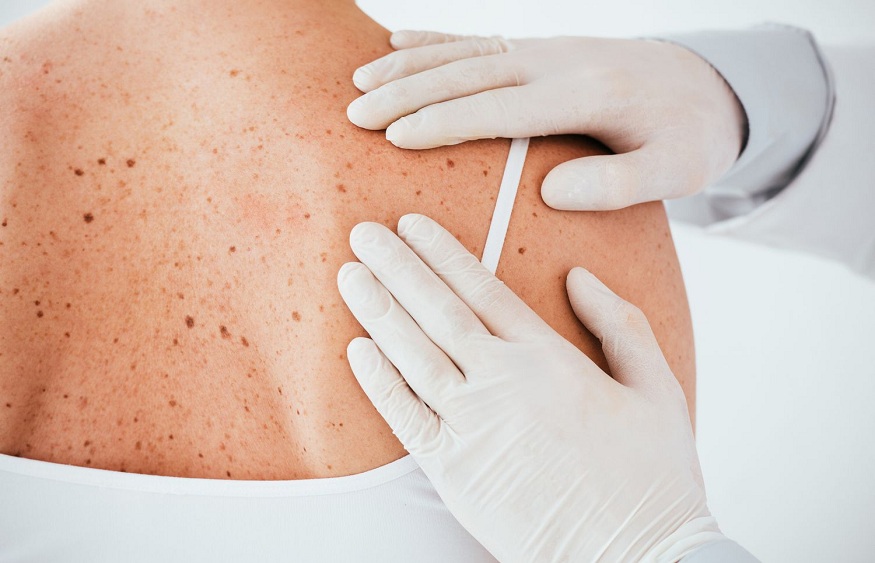Chevy Chase seborrheic keratosis is a common skin condition that affects people of all ages. It is a noncancerous growth that appears on the skin as waxy, raised, and slightly discolored patches. These patches can range in size from small to large and can appear on any part of the body. Understanding the causes, symptoms, and treatment of seborrheic keratosis is essential for anyone who wants to stay healthy and maintain good skin health.
CAUSES OF SEBORRHEIC KERATOSIS
The exact cause of seborrheic keratosis is still unknown. However, researchers believe that it may be caused by a combination of genetic, environmental, and hormonal factors. Some studies have suggested that seborrheic keratosis may be linked to sun exposure, age, obesity, and a weakened immune system. People with a family history of the condition are also at a higher risk of developing it.
SYMPTOMS OF SEBORRHEIC KERATOSIS
Seborrheic keratosis is a benign growth that usually does not cause any pain or discomfort. However, it can be unsightly and may cause some people to feel self-conscious. The most common symptoms of seborrheic keratosis include:
- Waxy, raised, or slightly discolored patches on the skin
- Patchy or uneven skin texture
- Different sizes ranging from small to large
- Appearance of warts or bumps on the skin
- Itching or irritation around the affected area
TREATMENT OF SEBORRHEIC KERATOSIS
If you suspect that you have seborrheic keratosis, it is important to consult a dermatologist. While the condition is not harmful, it can be misdiagnosed as a more serious skin condition. A dermatologist will be able to confirm the diagnosis and recommend the best treatment options based on your individual needs.
There are several treatment options available for seborrheic keratosis. Some of these include:
- Cryotherapy: This is a procedure that involves freezing the growth with liquid nitrogen. This causes the growth to fall off after a few weeks.
- Curettage: This is a procedure that involves scraping the growth off with a sharp instrument. Local anesthesia is usually used to numb the area before the procedure.
- Electrocautery: This is a procedure that involves burning off the growth with an electric current. This is usually done after the area has been numbed with a local anesthetic.
- Laser therapy: This is a procedure that involves using a laser to remove the growth. This is usually done under local anesthesia and may require more than one session.
In conclusion, seborrheic keratosis is a common skin condition that affects people of all ages. While the exact cause is still unknown, it is believed to be caused by a combination of genetic, environmental, and hormonal factors. If you suspect that you have seborrheic keratosis, it is important to consult a dermatologist for proper diagnosis and treatment. With the right treatment, you can reduce the appearance of seborrheic keratosis and maintain good skin health.



